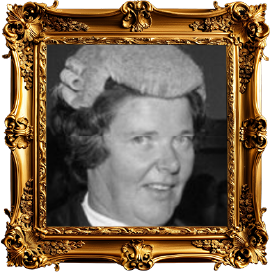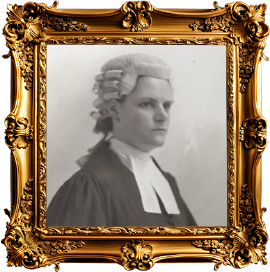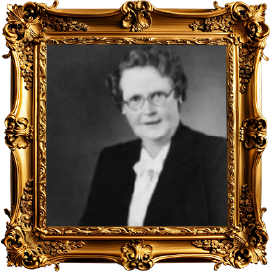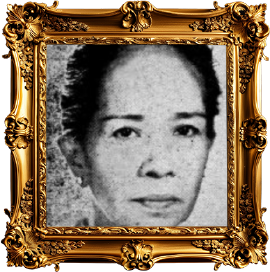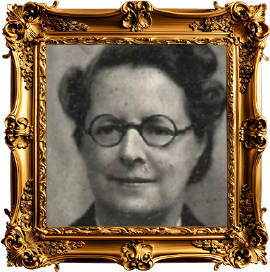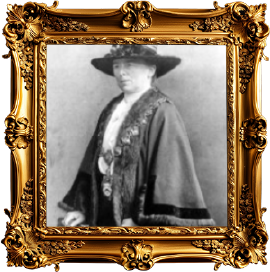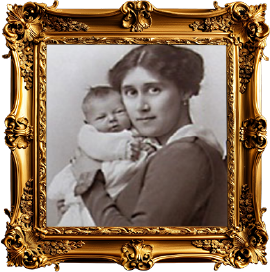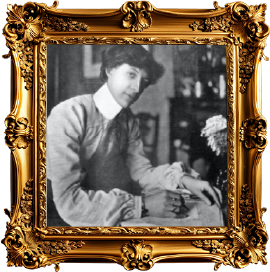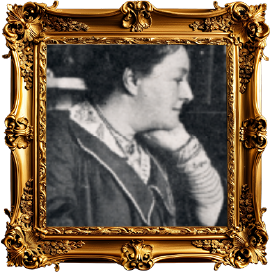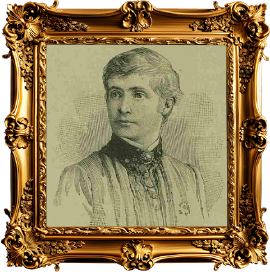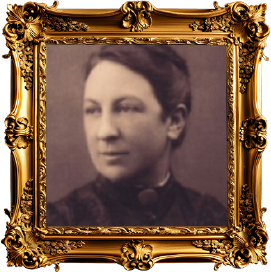How many women do you currently know who are talented, doing well at work, finding time to run a home, looking after others and balancing the Covid chaos with everything else? A lot, right? And how many of those women, in spite of their considerable talents and achievements, are keen to point out their personal shortcomings to you? Quite a few? Yes, I thought so.
I wonder what is going on in our society which means that often women find it difficult to acknowledge and celebrate their achievements, skills and qualities? And I’m not talking about the superwomen – ie. those CEOs who seems to find time to train for triathlons and hold amazing dinner parties (remember dinner parties?). I’m talking about all the women that we work with on a daily basis, who are doing just fine and objectively achieving all sorts of things, but who often feel that they are not getting it right, and not doing enough.
I work with a lot of women (and some men) who are suffering from the Imposter Syndrome. Women of all ages, and across all levels of their organisations. They tell me that they don’t feel that they deserve their success, and that – sooner or later – someone is going to find them out. When I run ‘Overcoming the Imposter Syndrome’ workshops, it’s clear that the women I’m working with are good at 80-90% of what they do at work, but they focus on the 10-20% that they feel less confident about.
Why do we do this? Of course, there are lots of external reasons why this may be happening. Women have only been in the workplace for a comparatively short time. Also, the ‘patriarchy’ has not historically given us a visible role within society; we are still learning how to take up that place, and how to be ourselves within organisations that have been traditionally male and conservative.
And there are the internal, emotional reasons too – perhaps parents who were overly critical, previous line managers who were keen to point out flaws rather than be supportive and encouraging, and organisations who just seem to speak a different language to us.
Have I suffered from the Imposter Syndrome myself? Yes, I have. I can see, looking back on my career, that there are several times when I could have taken centre stage, and been much more visible and proactive about my career. But I held back, assuming that others must be better than me in some way. I’m glad to say that I don’t feel that way now, and I like helping others to get back on track too.
Written by Jo Clift
Jo is an expert in Personal Development, including dealing with the Imposter Syndrome. Jo works as a Non-Executive Director, consultant & executive coach. She previously worked at a senior level in central Government for over twenty years, including as Head of Communications for the BSE Inquiry, and in the Prime Minister’s Press Office. She has also worked in the private sector as a senior manager at Deloitte Consulting.
If any of the above rings a bell with you, why not try one of Jo’s ‘Overcoming the Imposter Syndrome’ Webinars (link on www.jocliftconsulting.com) or book a workshop for your organisation? Or set up a 121 coaching session. She focuses on putting women back on track, and helping them to remember what they are good at and what they really enjoy doing?


